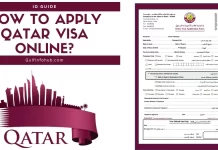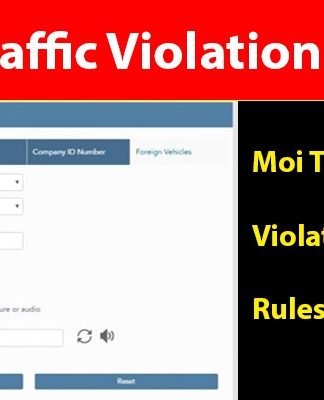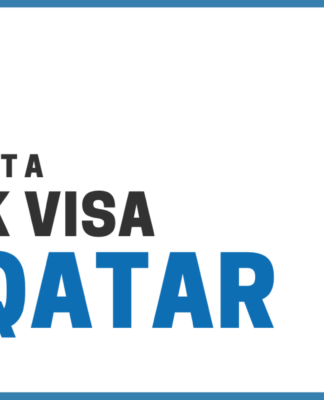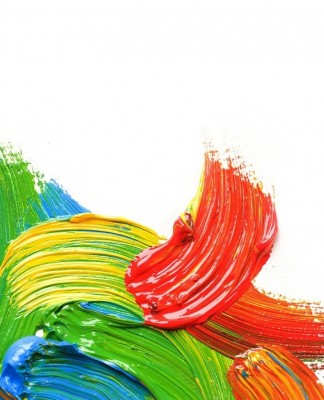Posting and sharing violent contant and tagging people without consent could land you in trouble with the law, Qatar looks at Nine other things you must know if you are a Facebook user in the Qatar.
1. DON’T SHARE YOUR PASSWORD:
Sharing a password, or entering it into a fake Facebook page, orlosing a phone while Facebook is still open, could lead to a serious breach of your Facebook page security.
2. DO NOT POST VULGAR PICTURES OF DRINKING ALCOHOL:
The authorities accept non-Muslims drink, but keep it under control. Facebook photos of drinks with friends will not likely offend, but drunken photos that offend Islamic values, or the morals of the Qatar, can lead to legal trouble.
3. DO NOT MAKE ‘FUNNY’ COMMENTS ABOUT ISLAM:
insulting Muslims or insulting Islam could land you in trouble. Becareful while sharing and posting in Social Media.
4. DO NOT SHARE ACCIDENT PHOTOS:
People who take or share photos of accident victims in Qatar could face criminal charges under Qatar law. The Law would punish anyone who “captures or transmits pictures of the deceased or injured in accidents without the consent of their representatives, through devices of any kind.”
5. DO NOT POST OTHER PEOPLE’S PICTURES OR VIDEOS WITHOUT CONSENT:
Don’t post without asking, whether it’s a friend or a photographer. Ignoring this rule could lead to a conviction forbreach of privacy or breach of copyright.
6. DO NOT MAKE THREATS:
Any posts or comments that are abusive or threatening to other people can land you in court. There have been several cases were people have complained to the police about such social media posts and the poster has been arrested.
7. DO NOT GOSSIP:
Sharing false news or wrong information that could get you in trouble.
8. DO NOT POST ANY CONTENT YOU DO NOT WANT USED BY FACEBOOK:
Ministry warned in a public awareness message that Facebook has “broad rights…to use your content in any way it wants”. That means – if you ‘like’ a product, or a place, Facebook can sell that information.
9. DO NOT TAG ANYONE WITHOUT CONSENT:
You’re at a party and suddenly your boss trips over a table and falls into the pool. Hilarious moment on Facebook, but have you asked their permission before you tag their name on your post? The CRA warns that tagging without permission can be a breach of defamation and privacy laws, both of which can carry hefty fines and even jail time.
CYBERCRIME LAW AND PUNISHMENT
Create or manage a website to spread false news in order to jeopardize the safety of the state, its general order and its local or international peace (penalty: up to three years in prison and/or a maximum fine of QR500,000);
Spread, air or publish the false news with the same intentions (penalty: up to one year in prison and/or a maximum fine of QR250,000);
Violate any social values or principles, or publish news, pictures, audio or video recordings related to the personal or family life of individuals – even if it is true (penalty: up to a year in prison and/or a maximum fine of QR100,000);
Libel or slander another person online or by using IT equipment (penalty: up to a year in prison and/or a maximum fine of QR100,000).
New regulations for using social media applications in Qatar
Qatar’s Communications Regulatory Authority (CRA) has encouraged netizens to stay safe and vigilant when sharing and accessing multi-media, personal or promotional content on social media applications.
CRA said in a statement that while it encourages creation of appropriate digital content and use of technology, it also intends to create awareness among netizens to stay safe and vigilant when sharing and accessing multi-media, personal or promotional content.
This consumer alert would specifically like to alert users of apps such as SnapChat, Periscope, Tumblr, Instagram, Twitter, YouTube, etc. that provide audio, video and multimedia content that may be offensive, sensitive or entirely inappropriate culturally, for under age audiences, or for security of individuals and businesses.
Consumers play an equally important part in helping CRA deliver its mandate for consumer protection by staying safe and cautious when using such apps. CRA would like to further advise and encourage users to keep the below guidelines in mind for safe use of social media apps, the statement said.
No access to Minors:
As an informed consumer, ensure minor children in your family or under your care are using age-appropriate apps. Several social media apps have minimum age requirements, you should encourage children around you to respect and abide by such requirements.
Supervise your children:
When unavoidable, monitor and supervise children’s usage of apps that may display age inappropriate content. It is also advisable to use age restrictions in settings on smart devices that are used exclusively by children without adult supervision, the statement added.
Use Official Apps:
It also called for using the official applications that are locally available to ensure content you are accessing or sharing is culturally appropriate.
Report inappropriate content:
Inappropriate content should also be reported said the CRA.
Look before you share:
The statement also encouraged taking precaution when sharing personal information, photos, location, and contacts, publically or with apps may result in undesirable outcomes.
CRA, as the regulator for communications and postal sectors as well as access to digital media, continually works very closely with the relevant Government authorities, local service providers and other regulators in the Gulf Cooperation Council (GCC) member states to ensure netizens in Qatar have access to appropriate content and digital platforms.
CRA reiterated that it takes consumer protection mandate extremely seriously and will continue to bring such public awareness messages.

































